By: Scott F. Roberts
Share This Post
ATTENTION CRAFT GROWERS! ILLINOIS WANTS YOU TO APPLY
By July 2020, the Illinois Department of Agriculture will have issued the first craft grower licenses. To prevent large commercial growers from dominating the industry, the State will only issue one license per applicant. There are 40 licenses authorized in this first batch, with an additional 60 that will be authorized in December 2021. While small operations fight to survive in states like California, this limitation will help Illinois’s craft growers flourish by allowing the initial licensees sufficient time to get the business up and running. It also provides smaller cannabis businesses an opportunity to enter into the state’s recreational cannabis market without having to compete against large public companies for a limited number of licenses.
As with medical marijuana licenses, the State will set geographic restrictions for grower licenses, with a set quantity available for a given county or city. The number and distribution of craft grower licenses are subject to change, and the application process may be modified to reduce or eliminate barriers. Extra consideration will be given to social equity applicants. These are applicants from previously disadvantaged communities, and Illinois’ law aims to make sure they have the opportunity to enter the limited but booming market.
The current statute caps craft grower licenses at 150, no one awarded such a license can hold more than three, and license sales may be restricted. However, with the number of craft growers expected to increase in future years, look for these limits to change.
The craft grower application will be completely online and must include information about every person with a financial or voting interest of 5% or greater in the operation. This 5% requirement applies whether the business owner is a trust, corporation, partnership, limited liability company, or sole proprietorship. As part of the process, applicants must supply the following:

Share this infograph On Your Site
(1) A Nonrefundable Application Fee of $5,000
This is a standard application fee and on par with other states that have legalized cannabis, either for recreational or medicinal purposes. Social equity applicants from disenfranchised neighborhoods may be eligible for reduced fees or a fee waiver.
(2) The Legal Name of the Craft Grower
This is typically the entity name used by the business’s owners. If the applicant is an already-existing company, it must be in good standing with the State of Illinois and apply with its official registered name – DBAs will not be accepted. For each interested party, the legal name should match a State-issued ID.
(3) Proposed Physical Address of the Craft Grower
The proposed address will be required because only a limited number of craft grower licenses will be issued in a given area.
(4) Personal and Identifiable Information of Each Owner
This section will request the name, address, social security number, and date of birth of each principal officer and board member of the craft grower. Each principal officer must be at least 21 years of age and pass a background check. Principals may have past criminal convictions, but must disclose the details of any administrative or judicial proceeding in which any of the principal officers or board members pled guilty, was convicted or fined, or had a registration or license suspended or revoked. In addition, the officer must include the details of any proceeding in which the principal managed or served on the board of a business or non-profit organization that received similar judgment.
(5) Business Information
If an entity applies for a craft grower license, the owners must have proper business documentation. This includes proposed operating governing documents (such as bylaws or an Operating Agreement) with procedures to oversee the operation. These procedures must cover recordkeeping, staffing, the development and implementation of a plant monitoring system, and a security plan approved by the Department of State Police.
(6) Approval of Municipal Zoning
Because Illinois’s recreational bill limits craft growers by geographic area, an applicant must have a properly zoned building and must provide a copy of the zoning ordinance. If already municipally approved, the entity must provide proof of such.
(7) Commitment to Equal Opportunity in Employment
Applicants must have written employment practices, either existing or proposed, in which they demonstrate a plan to inform, hire, and educate minorities, women, veterans, and persons with disabilities. The hiring practices must be fair and include proper worker protections.
(8) Social Equity
Applications will be awarded on a points-based system, and extra points will be provided if an applicant can demonstrate firsthand experience in or business practices that promote economic empowerment in Disproportionately Impacted Areas.
(9) Horticulture Experience
Agricultural or horticultural experience, whether with cultivating products or with operating a related business, translates well to the cannabis industry, and demonstrating past success in these fields will score extra points. The applicant should also include a description of their experience with agricultural cultivation techniques and industry standards.
(10) Education
An applicant entity must provide a comprehensive list of academic degrees, certifications, and relevant experience of all of the business’s principal officers, board members, and agents.
Licenses are limited, so scoring the most points in each category, especially social equity, is crucial. Failure to give all the requested information within 10 days of inquiry may result in your application’s dismissal, a costly mistake. Illinois’s recreational industry is expected to be competitive, so craft growers should start building the best resume possible to be ready when applications open.
For many aspiring Illinois cannabis business owners, the craft grower license may be the best fit for entering the Illinois recreational marijuana industry. Put simply, the dispensing and cultivation licenses may not be easily achievable for those who lack significant institutional backing due to the high level of competition for those licenses as well as the extensive property and build out costs associated with those operations. With the craft grower license, however, you will not be competing against public companies who can throw hundreds of thousands of dollars at lawyers, consultants and lobbyists and tens of millions of dollars to construct and build out cultivation facilities. Given this level of competition, the craft grower license may be the best way to enter the Illinois recreational cannabis market.
Mr. Roberts is the founder and managing member of Scott Roberts Law, a Detroit-based Cannabis Business Law Firm founded in 2014. Scott has spent his entire career representing businesses and helping them comply with municipal, state and local regulations, as well as assisting on transactional corporate and real estate matters. Scott is an accomplished attorney, author and public speaker, having spoke at CannaCon, Cannabis Industrial Marketplace, CannabisAid, and 420 Canna Expo, to name a few. He has also taught Continuing Legal Education on Marijuana business matters, meaning other attorneys see him speak to learn about the nuances of cannabis business law.



